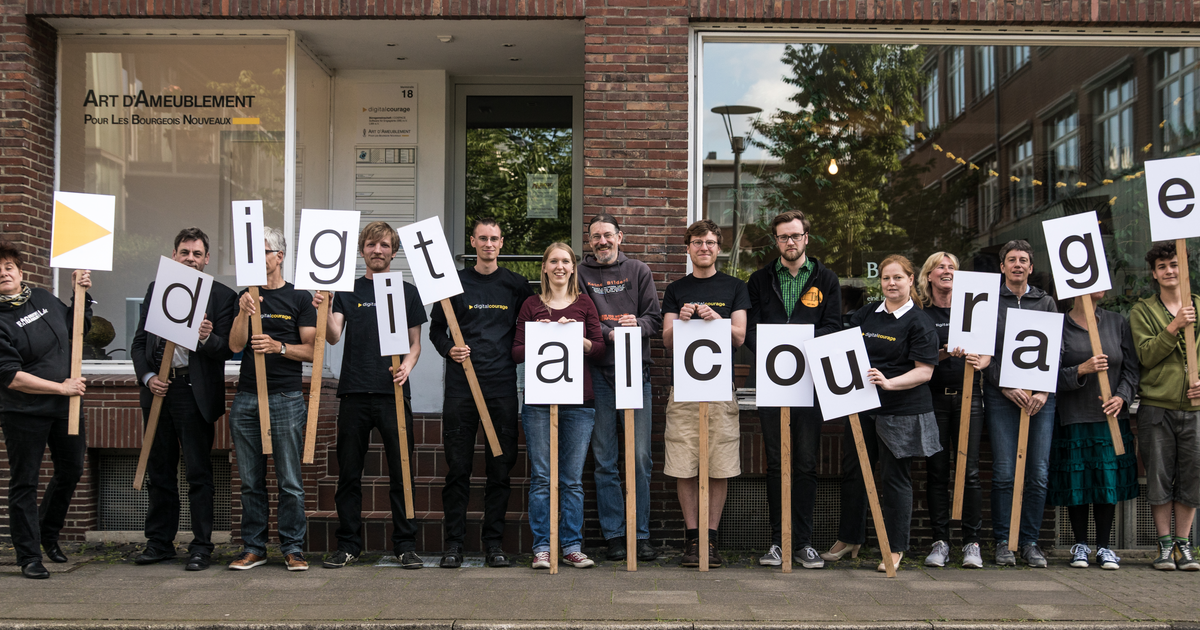Open Journal Systems (OJS) 3.5 is out now — with powerful new features built from community feedback!
What’s new?
* Redesigned Editorial Dashboard
* Invite users (no manual input!)
* Built-in ORCID support
* Auto editorial board tracking
* Author-suggested reviewers
* Homepage Highlights and more
Explore features: https://pkp.sfu.ca/2025/07/16/ojs-3-5-enhanced-features/





